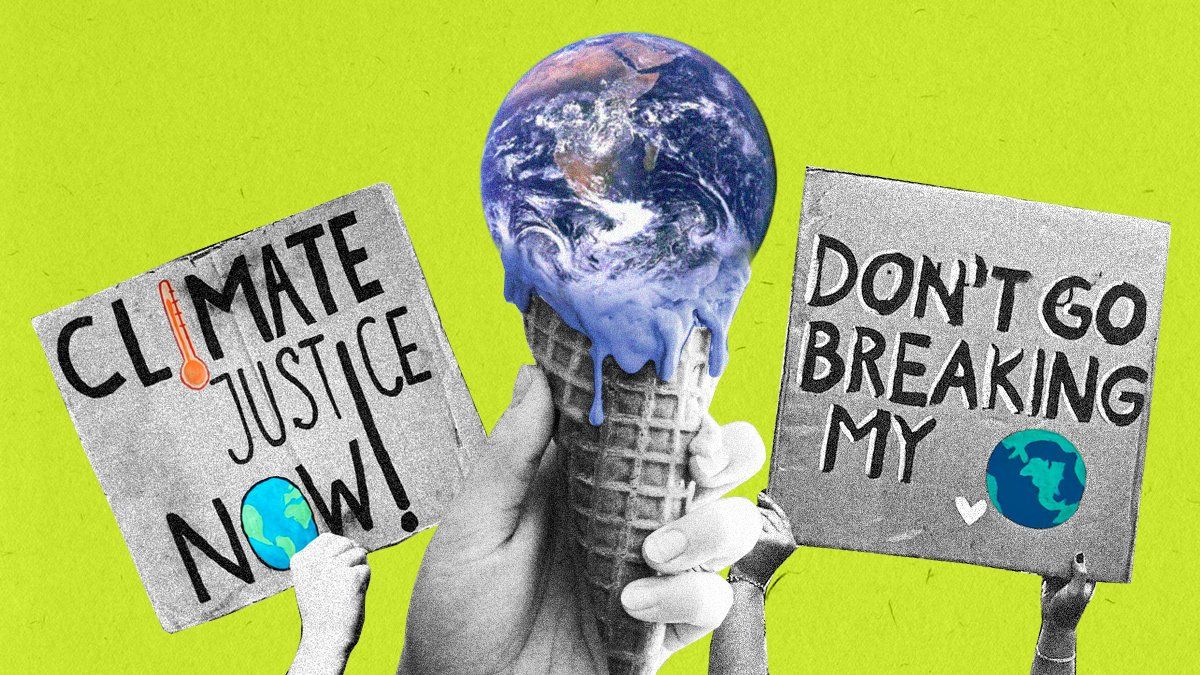June 15, 2023
Helena, Montana, had a big first this week, and it was a long time coming. On Monday, a case got underway there in which 16 youth residents, aged 5 to 22, are suing the Land of Shining Mountains over climate change – the first-ever constitutional challenge of its kind in the country. The plaintiffs claim the state has violated their right to “a clean and healthful environment in Montana for present and future generations,” a provision that’s been in the state constitution since 1972.
Climate change lawsuits aren’t new. Europe has seen hundreds of them, and in Canada, one brought by youth activists in Ontario was dismissed in April. It was thrown out despite the judge noting the province’s climate policy “falls severely short” and “is contributing to an increase in the risk of death and in the risks faced by the Applicants and others.”
There have been several cases in the US since 2015, but this one is the first to make it to court. The lawsuit is proceeding thanks to the express right to a healthy environment enshrined in Montana’s constitution, despite the state’s long-term reliance on coal and fossil fuels for much of its industrial output.
The plaintiffs filed their lawsuit in 2020, claiming the state’s laws and policy, particularly on energy, are out of line with the constitutional guarantee. Since then, the state has tried to have the case thrown out, including two requests for the Montana Supreme Court to get involved. But it’s going ahead.
And the case is heading to court just as toxic smoke from what’s expected to be Canada’s worst-ever wildfire season has blown south into the US, painting apocalyptic skies throughout much of the Midwest and Northeast. The smoke left New York City with the world’s worst air quality. One of the plaintiffs in the Montana challenge, Grace Gibson Snyder, cites smoke from wildfires as an example of the state’s breach of environmental protection. Eerie, deadly orange skies drive home her point.
Last week, Canada’s Emergency Preparedness Minister Bill Blair said he’d been in touch with US officials to work on better natural disaster cooperation, including the possibility of “a NORAD-like approach” as the countries recognize that extreme weather, and their effects, aren’t going anywhere – and won’t respect borders.
Plenty of eyes in the US and around the world are watching and waiting to see what happens in Montana, including the possibility of a significant precedent. But will what happens in Montana stay in Montana?
Martin Olszynski, an associate law professor at the University of Calgary, says that “while judges on both sides of the border will sometimes draw comparisons and principles from each other, their respective decisions are not binding.” Moreover, “In Montana, there is this explicit right to a clean environment and that’s pretty powerful.” That right is not expressly included in the Canadian constitution, including its Charter of Rights and Freedoms. But the long game matters.
“Looking at the forest from the trees,” he says, “cases on both sides of the border can have a certain kind of momentum to them, and that’s bound to affect the legal landscape in both countries (and beyond).” In short, these challenges aren’t going anywhere anytime soon – just like climate change.
From Your Site Articles
More For You
- YouTube
In this Quick Take, Ian Bremmer addresses the killing of Alex Pretti at a protest in Minneapolis, calling it “a tipping point” in America’s increasingly volatile politics.
Most Popular
- YouTube
Who decides the boundaries for artificial intelligence, and how do governments ensure public trust? Speaking at the 2026 World Economic Forum in Davos, Arancha González Laya, Dean of the Paris School of International Affairs and former Foreign Minister of Spain, emphasized the importance of clear regulations to maintain trust in technology.
- YouTube
Will AI change the balance of power in the world? At the 2026 World Economic Forum in Davos, Ian Bremmer addresses how artificial intelligence could redefine global politics, human behavior, and societal stability.
Ian Bremmer sits down with Finland’s President Alexander Stubb and the IMF’s Kristalina Georgieva on the sidelines of the World Economic Forum to discuss President Trump’s Greenland threats, the state of the global economy, and the future of the transatlantic relationship.
© 2025 GZERO Media. All Rights Reserved | A Eurasia Group media company.
